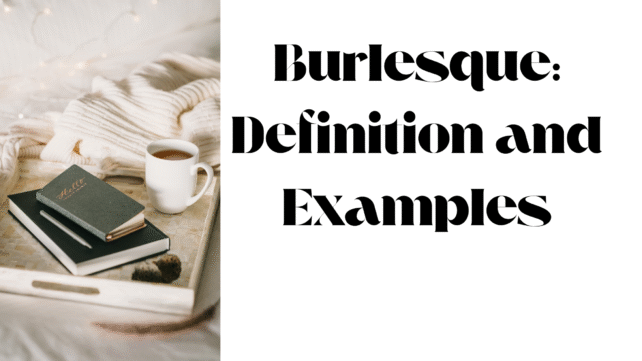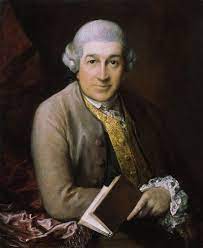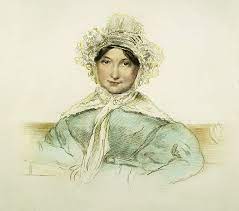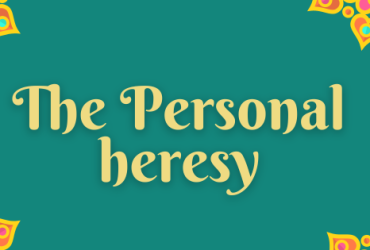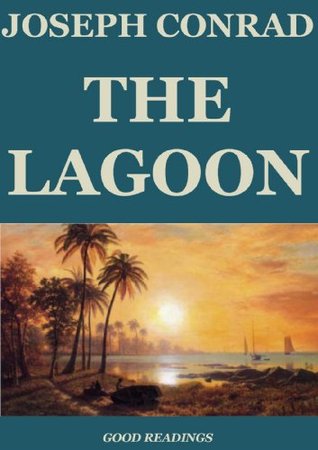Araby was the name given to a grand oriental fete, held in Dublin, between the 14th and the 19th of May 1894. It was a sort of bazaar, the name of a special market, organized for the benefit of charity and to provide sideshows for entertainment.
Against the background of Araby, Joyce’s story, also titled Araby, is…



